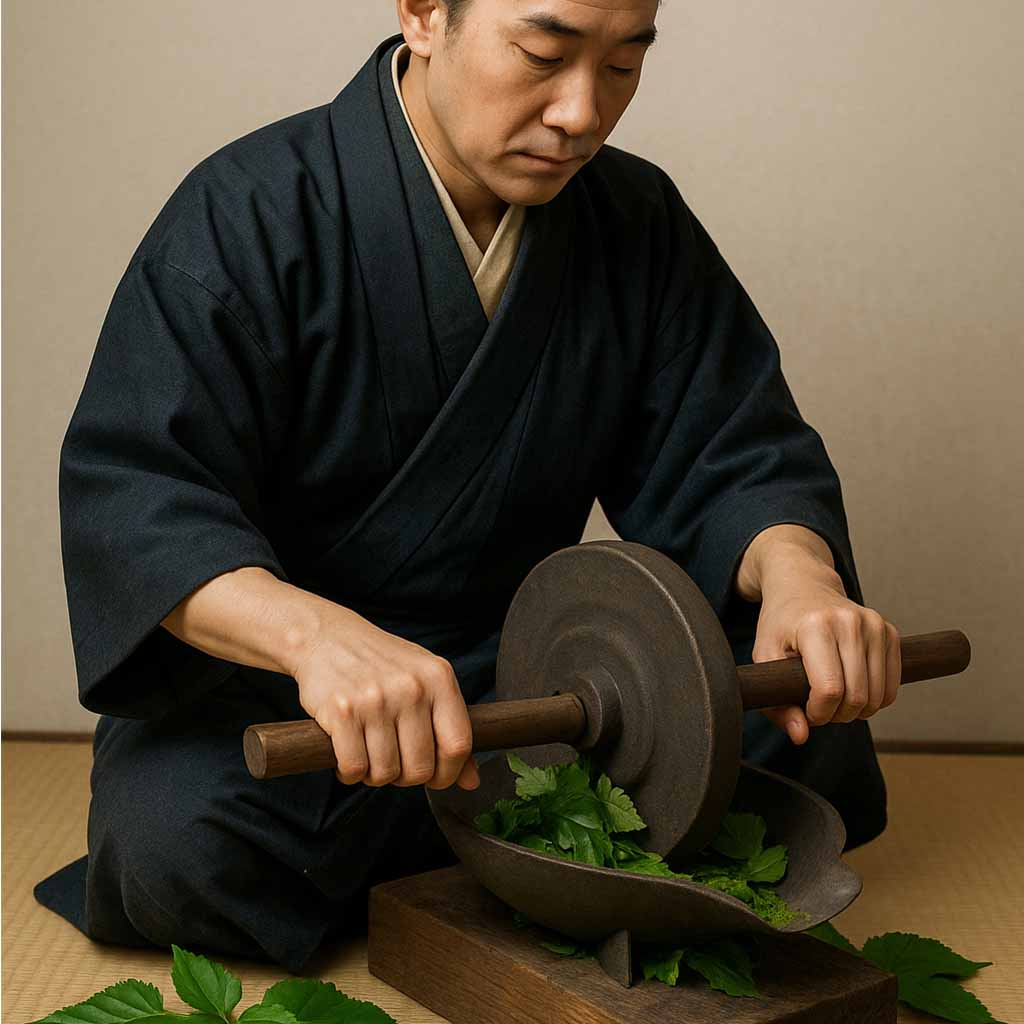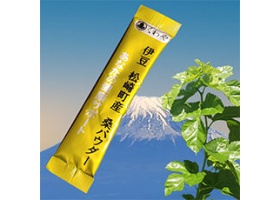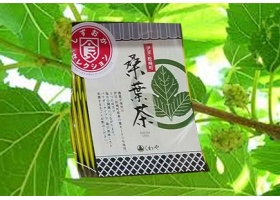If you’re looking to reduce stress, improve sleep quality, and support overall health naturally, Kuwa (mulberry leaves) has long been part of Japanese food culture and wellness. Recent research is beginning to confirm what tradition has long suggested.
What is GABA—and Why is it Important?
GABA (gamma-aminobutyric acid) is a natural neurotransmitter that helps calm nerve activity in the brain. This soothing effect has been linked to:
- Reducing anxiety, stress, and tension
- Improving sleep quality and relaxation
- Supporting healthy blood pressure and cardiovascular health
While GABA supplements exist, natural food sources like Kuwa may provide a gentler and more balanced effect.
Kuwa: More Than Just Mulberry
White mulberry leaves—called Kuwa in Japan—contain natural GABA as well as beneficial compounds such as flavonoids, phenolic acids, and alkaloids (The Pharma Journal).
These have been studied for their potential to:
- Protect against oxidative stress (antioxidant effect)
- Reduce inflammation
- Help maintain healthy blood sugar (anti-diabetic effect)
- Support cardiovascular wellness (MDPI)
In traditional Japanese herbal practice, Kuwa has been used to help maintain balance in blood pressure, blood sugar, and overall health (Omics Online Publishing).
Boosting GABA Naturally
GABA-enriched Kuwa powders contain more GABA than regular leaves, and may also:
- Provide stronger antioxidant effects
- Inhibit harmful advanced glycation end-products (AGEs) linked to aging and chronic disease (PMC)
Sleep & Anti-Fatigue Benefits
Kuwa’s flavonoids may improve sleep quality by interacting with GABA and serotonin (5-HT) receptors (ScienceDirect).
Additionally, purified Kuwa-derived GABA has been shown in animal studies to reduce fatigue and improve endurance by lowering blood lactate and urea nitrogen (Nature).
Dosage & Safety
Evidence on how well GABA supplements cross into the brain remains limited. General information includes:
- Typical GABA supplement range: 50–3,000 mg daily (average ~750 mg)
- Kuwa leaf powder in clinical trials: 1 gram, three times per day
Clinical studies report improvements in blood sugar and lipid levels in type 2 diabetes patients taking Kuwa (Drugs.com).
Note: Always consult with a healthcare provider before starting new supplements—especially if pregnant, breastfeeding, or taking medication.
Summary of Kuwa Benefits
| Health Focus | Kuwa’s Contribution |
|---|---|
| Anxiety & Stress | Natural GABA support (Verywell Health) |
| Sleep & Relaxation | Flavonoids interact with GABA/5-HT (ScienceDirect) |
| Anti-Fatigue | Kuwa-derived GABA improves endurance (Nature) |
| Antioxidant Defense | Phenolics, flavonoids, enriched GABA (PMC, The Pharma Journal) |
| Blood Sugar & Lipids | Clinical evidence for effective doses (Drugs.com, MDPI) |
Make Kuwa Part of Your Daily Routine
Try Kuwa powder as part of your daily supplement regimen.



